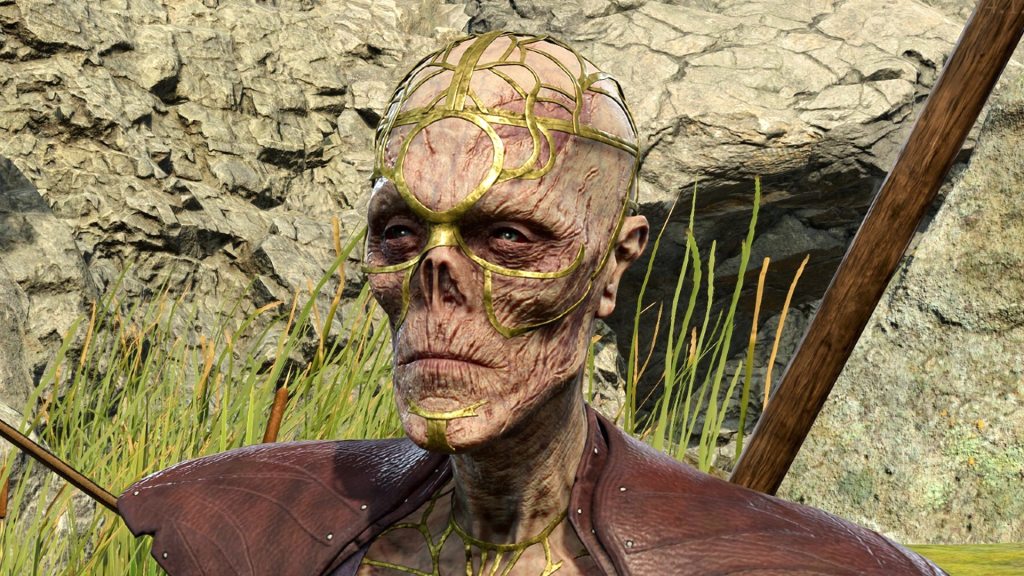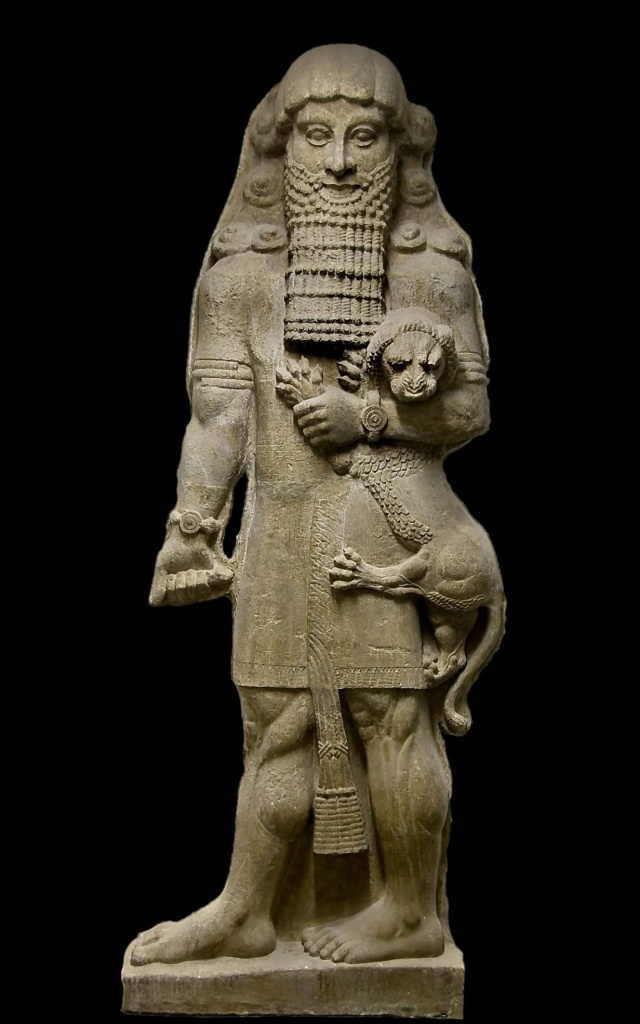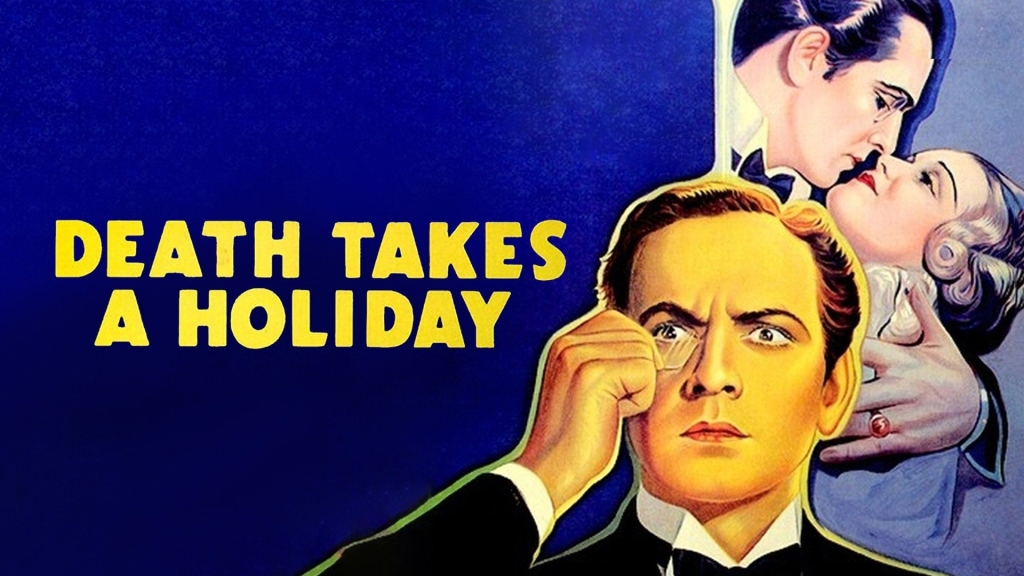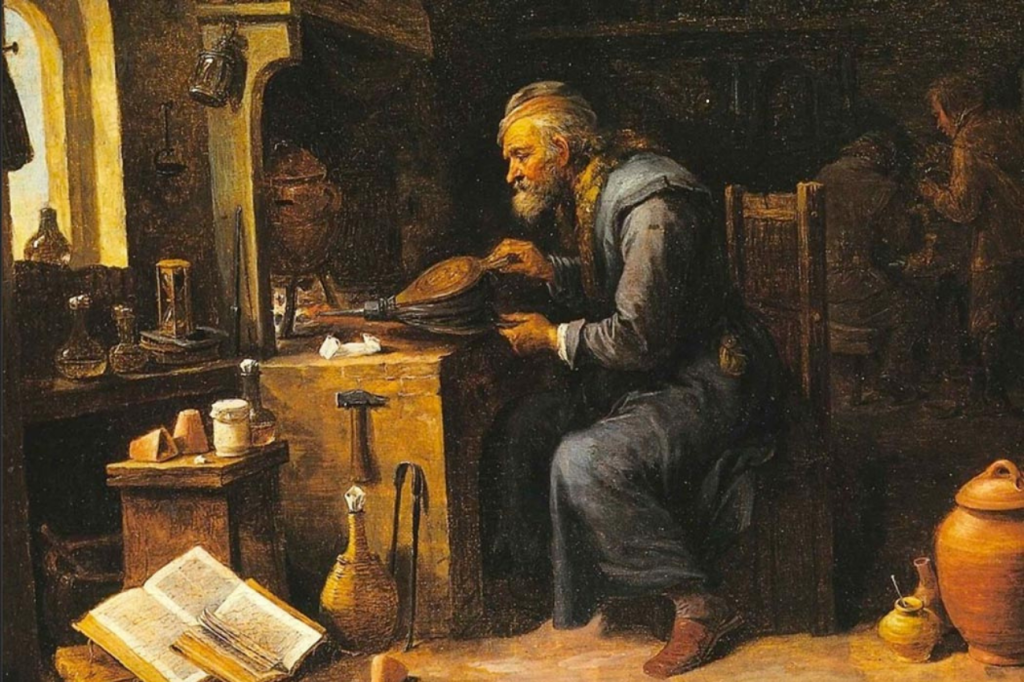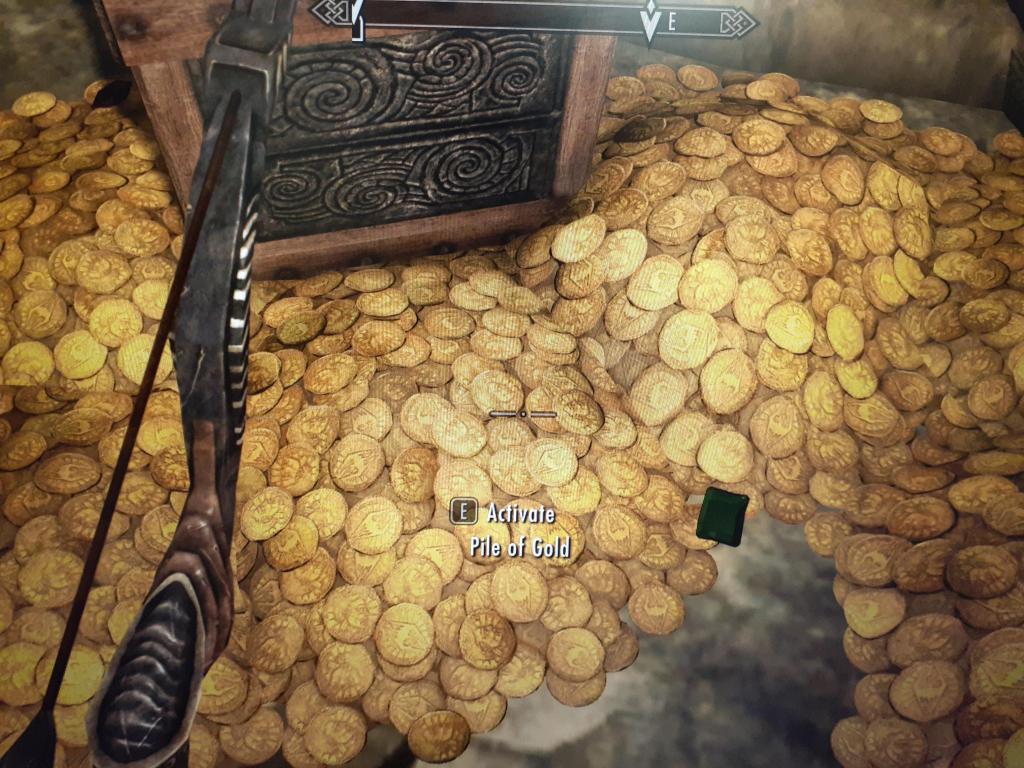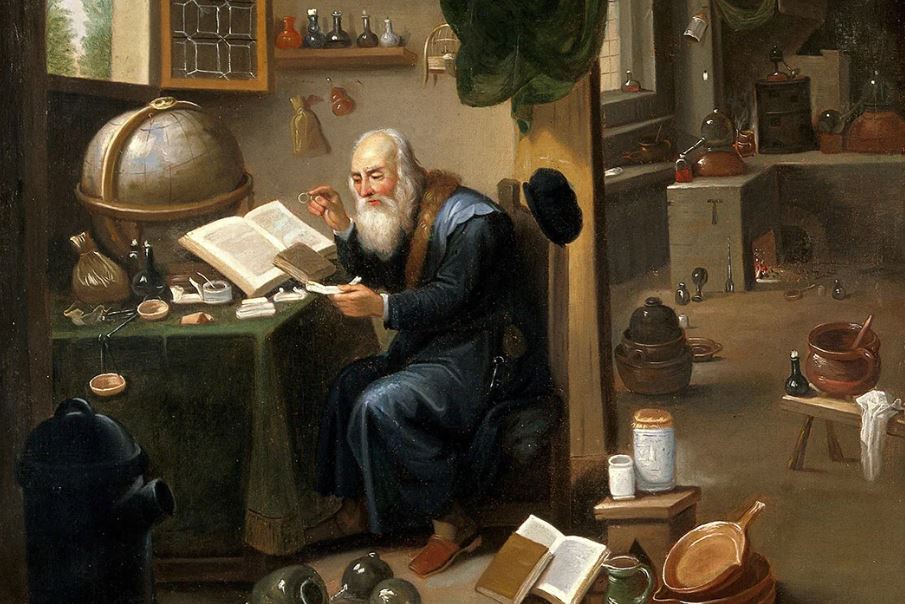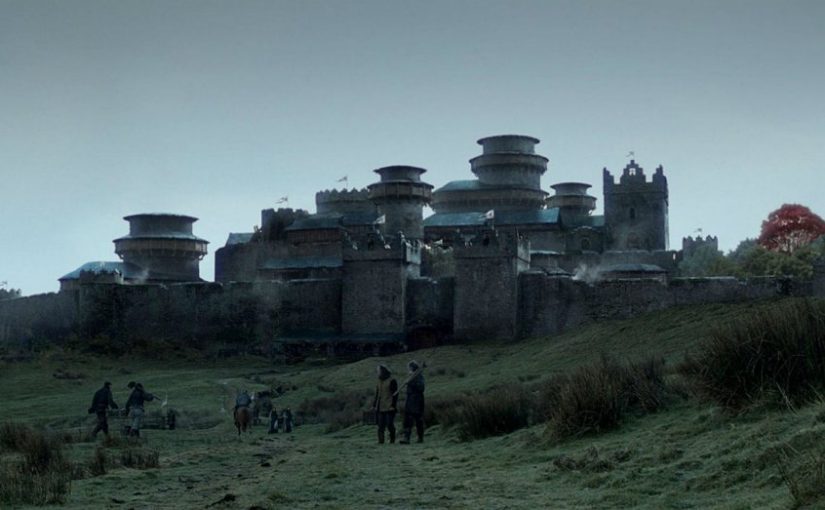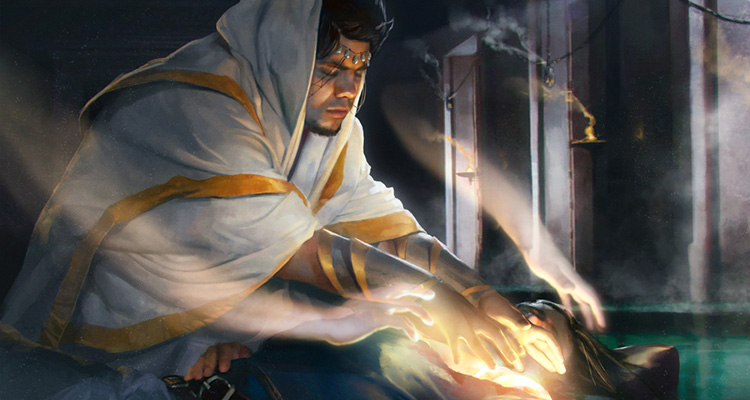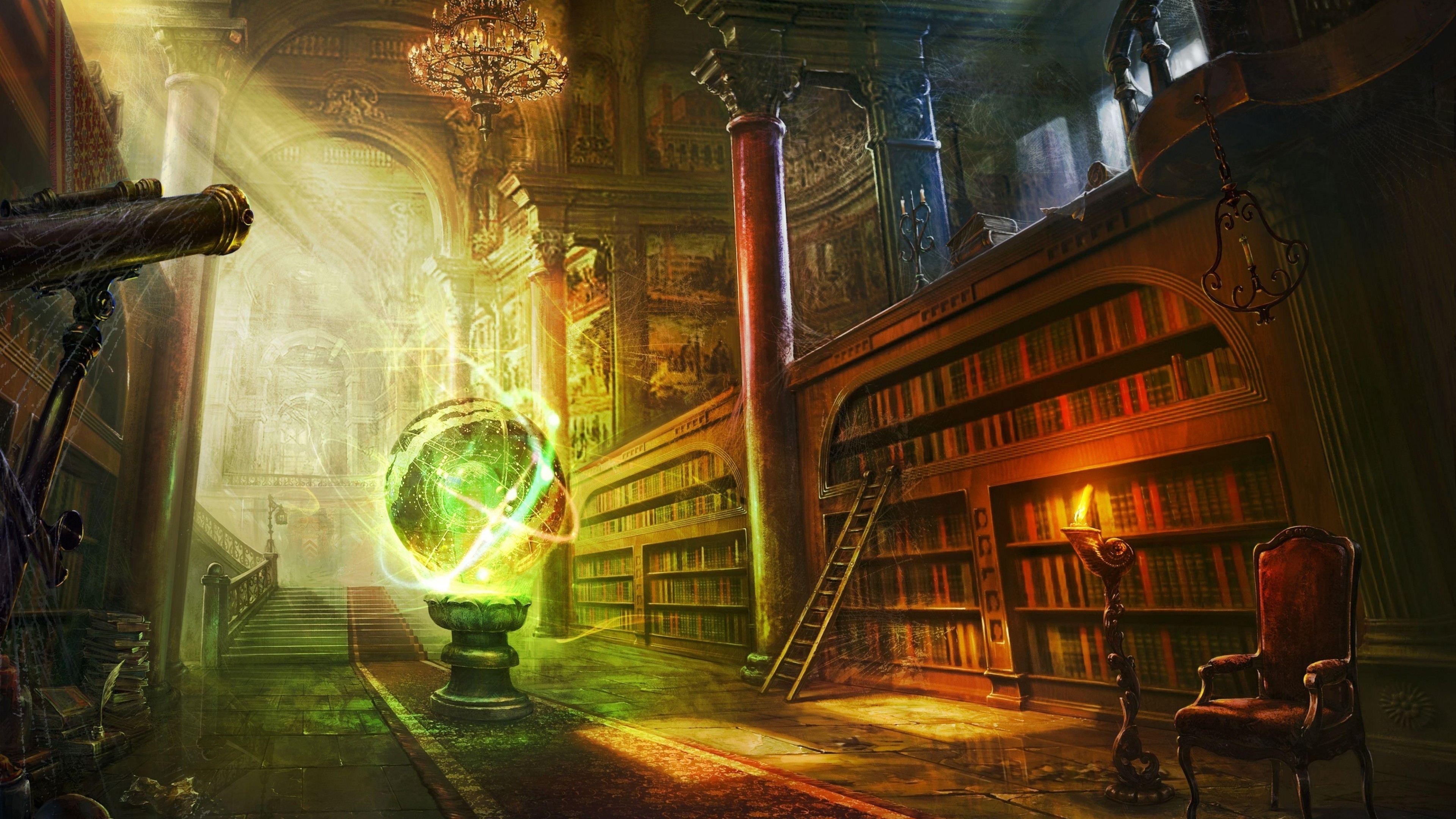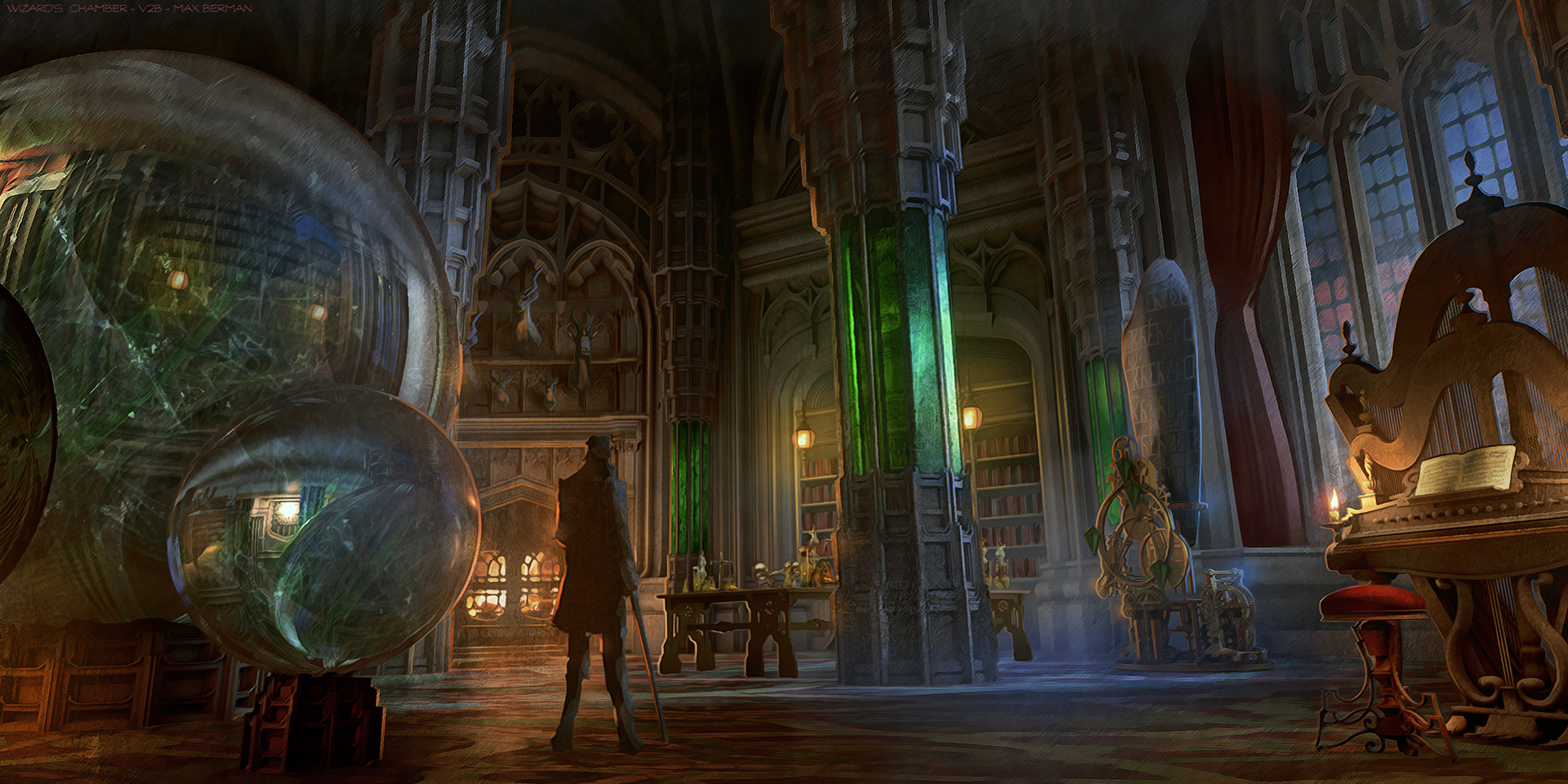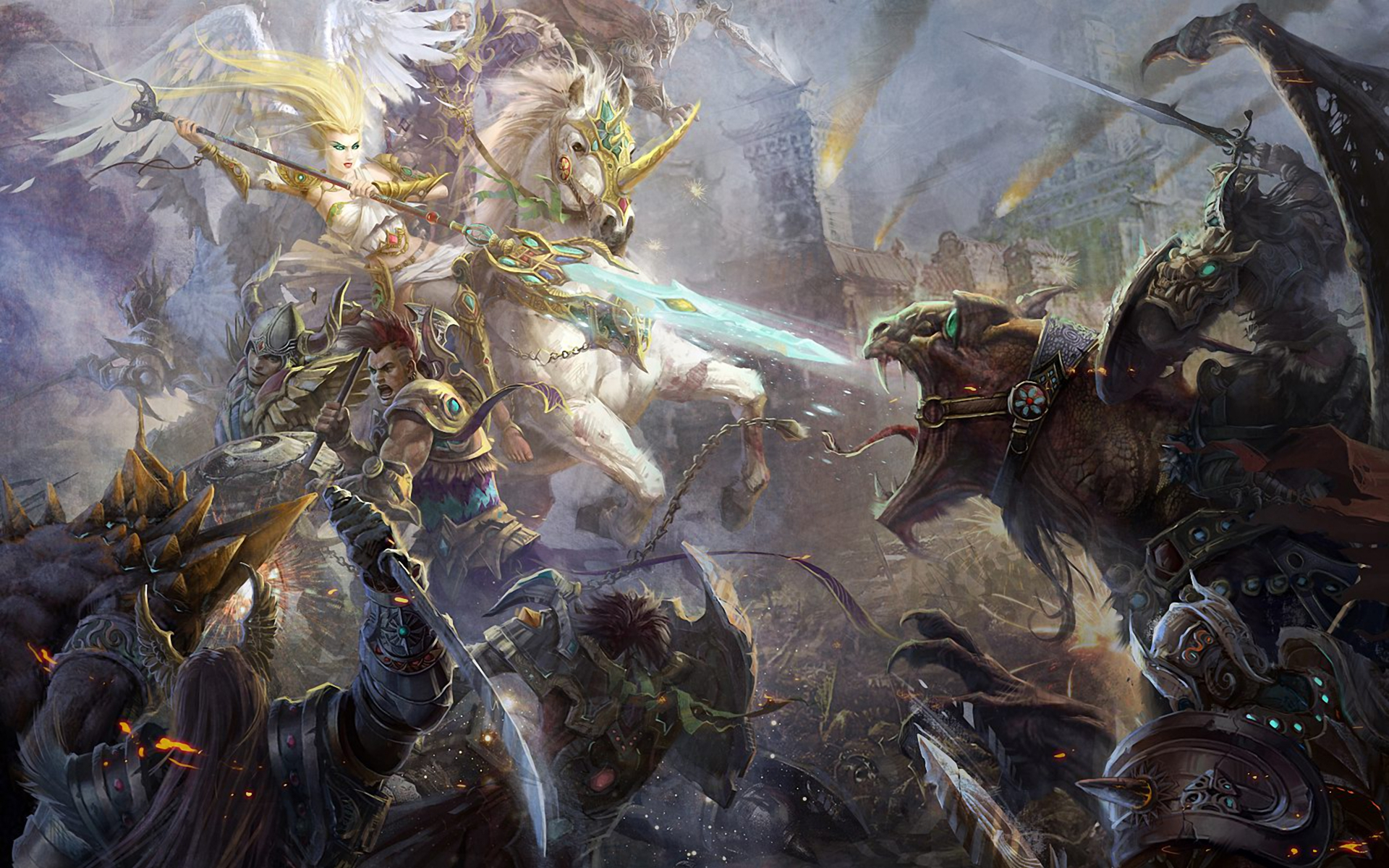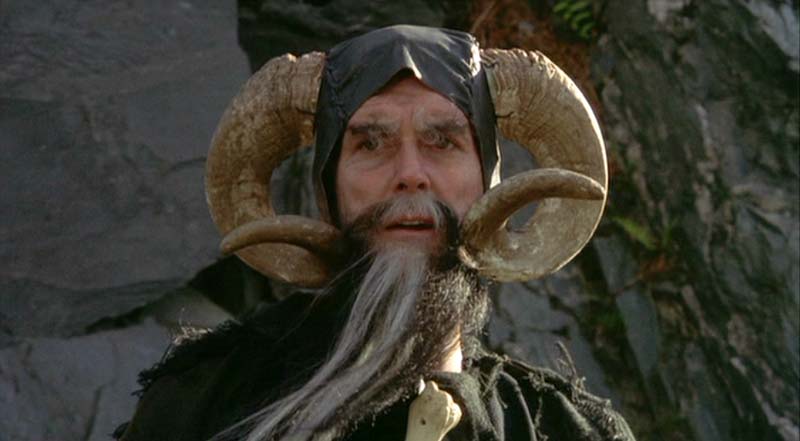Howdy, folks! About a year before the pandemic kicked off, I wrote a blog post about the concept of magic and how introducing it into a fantasy/medieval society could have long-lasting repercussions. I did this as a thought experiment, originally, and I had always hoped to get back to the subject since there is so much more to explore on the topic.
Of course, then the pandemic happened and so many of my plans flew right out the window. Today, however, I want to bring us back to that subject to think about a few more aspects of it. In the last post, I talked about how magic compares to technology as a means of advancement, with a look into how magic really changes the landscape of things like war, learning, and health and wellness.
For this discussion, I want to focus on two main areas, the great two certainties in life: death and taxes. With that, let’s get started.
1.) When Death Isn’t Certain

When the inevitable becomes evitable, problems are sure to follow. Death is the one common thread we all share. While we may not like contemplating it, our time in this life is limited. In our own world, it doesn’t matter how much money you have, how many followers you have on Instagram, or how well you take care of your health, death remains the ultimate adversary. We may be able to outrun it for a time, cheat it once or twice, but death is destined to conquer us in the end.
In a fantasy/medieval society, however, that might not be the case. In many fantasy stories, wizards or practitioners of magic use their power to stave off old age. Using magic to prolong life beyond the normal lifespan, become immortal, or even bring someone back from the dead, are all things that magic can potentially accomplish, depending on the structure of magic for that world.
While I can’t think of a fantasy world where resurrecting the dead is really common, if it is a possibility that exists, every ruler in the world would seek it out. Unlike Gilgamesh, however, they might actually find it. As is the case with a possibility like this, it will inevitably wind up in the hands of the influential and the powerful, who may not be willing to share it with those below them in the societal hierarchy. When death is no longer an inevitability, this can create more than a few wrinkles.
Let’s say that Good King Osric manages to find the Fountain of Youth, securing it for himself and his family. That might be great at first, since the Interregnum between two ruling monarchs is fertile ground for wars of succession. However, King Osric living to the ripe old age of 300 or more may actually make this problem worse.
Consider that if he gives his heirs access to this eternal or prolonged youth, they will likely want to pass it on to their heirs, and so on. In which case, Osric’s great-great-great grand heir might have to wait upwards of a thousand years to finally get their turn on the throne. What happens if somewhere along the way, this growing pool of ageless royals decides to speed up the process? You might be looking at a state of near-constant civil war with so many figures all vying for limited positions of authority.
But, for the sake of argument that King Osric doesn’t have this issue and everyone is somehow able to get along. Even if Osric is able to keep himself from slipping into tyranny and megalomania, he is still the same monarch. Even if he is open minded to new ideas, the kingdom he rules might eventually fall into stagnation since the will of one king has been governing it for generations.
The people might change drastically during his reign, but he will still be the same person, likely with the same ideas and approaches to problems that might one day prove outmoded. Having Osric rule for such an extended period of time could actually wind up harming the kingdom he wishes to preserve.
Of course, if one of Osric’s rivals decides to go the regicide route and remove the king the old fashioned way, if resurrection magic exists, what’s to keep Osric from simply coming back from the dead should the assassins prove successful?
Being able to mitigate or outright defy death, even by a little, could upset the entire political apple cart. Death is a baked-in part of any feudal system, or any arrangement that relies on inherited power, which is most often the case in a fantasy society.
2.) The Tax Collector’s Nightmare

You can’t tax what you don’t know exists. Taxes are the lifeblood of any fantasy society if they want to stay financially stable. If the royal coffers are depleted, it can open up all kinds of hazards if the kingdom faces droughts, famines, invasions, or any of the usual crises. Unlike the economy that we have today, there needs to be actual gold backing up their wealth in the treasury. So, taxes will be necessary to keep things running as intended.
Taxation will usually be determined by how much wealth or production a tax payer possesses or creates. If a merchant family sells so many kegs of wine within the kingdom, there are records of such a transaction so the excise tax can be determined. If a farm produces so many bushels of wheat in a growing season, the farmers might pay a percentage of the total amount of bushels in taxes in lieu of coin. The amount of land the farmers work as well as the conditions of the harvest are factors that might play a part in how much the farmers will need to pay in taxes. So, being able to observe or record information is important to any sort of tax-collection policy. In fact, being able to record transactions and collect taxes properly may have been one of the driving forces for people to develop a written language in ancient Mesopotamia.
So, imagine the headache that Roderick the tax collector might face if magic is in play. Perhaps a farmer secretly makes a pact with some otherworldly power, or strikes a deal with some nature-magic practitioner in the woods to double or triple their output. How is Roderick going to verify that? Does he then double or triple the taxes on the farm arbitrarily? What if a jealous neighbor is the one that reports the magic at play? Is the neighbor telling the truth, or could they just be trying to sabotage a rival?
Tax collectors are already unpopular. If Roderick makes the wrong call, he might wind up taxing a farm into starvation without cause, which will only tarnish his reputation further, or at worst lead to knives in the dark. Taxing crops may be the least of his nightmares, however. Alchemists might prove to be Roderick’s undoing, and possibly lead to the collapse of the kingdom.
Medieval alchemists, as well as many of their fantasy counterparts, generally have two goals in mind with finding the fabled philosopher’s stone: long life and turning lead into gold. We’ve already touched on how a greater lifespan could cause problems, but what about if the alchemists in this fantasy world were able to pull off the second part?
If you can take a hunk of lead, or any metal, and turn it into pure gold, you essentially have unlimited wealth. Kinda. For Roderick, the trick is once again being able to prove that an alchemist has more gold in their possession than records would suggest. After all, this gold didn’t come from any known gold mine or source. The alchemist could have purchased crude copper pots at the market, turned them to gold in their basement laboratory, and then melted them down into gold bars, perhaps even minting their own coins — and it’s all off the books.
The problem for Roderick, and by extension the kingdom he represents, occurs if the alchemist gets too greedy or overzealous in this gold conversion. The value of gold relies on its relative rarity. If you have a way of creating as much of it as you want, if too much of it gets into circulation too quickly, you could wind up devaluing the worth of gold and creating hyperinflation. There is a historical precedent for actually having too much gold. This happened to Spain in the 16th century. They had such a huge influx of gold from the Americas that it created uncontrolled inflation.
Thus, one alchemist with this ability, either on purpose or by accident, could lead to a kind of economic collapse that a fantasy society would probably not have any sort of defense against. This might be reason enough for Alchemists to be unwelcome in a fantasy kingdom unless they are serving in an official capacity. They would need enough strictures placed on them to avoid undermining the entire monetary system of the realm.
The reality for Roderick in both cases is that magic could allow for untraceable production of key things that would normally find a place in his tax ledger. Bad news, Rod.
Conclusions:
I chose death and taxes for this post specifically because both are considered inevitabilities. The examples above are to illustrate the point that the presence of magic can put that inevitability in doubt.
Obviously, we’re talking about specific magic types in play here, but both kinds — the longevity and the transmutation — could have lasting effects upon the delicate balance that a fantasy society requires. Both types of magic are also fairly common in the greater sphere of fantasy storytelling.
One of the things I love about fantasy as a genre is that it’s both familiar and new at the same time. For those fantasy stories that use a medieval/renaissance foundation to set the scene, we can picture daily life there pretty well. Magic throws a wild card into the historical vision of how things proceed, and it’s up to the author to think through the ramifications of their magic systems on the worlds in which they exist.
Magic doesn’t exist in a vacuum, in other words. There’s a society that surrounds it, and that way of life would have to adapt to the existence of magic. While on the surface level a fantasy society might look and feel like its historical counterpart, there will and should be differences between the two.
After all, magic has the ability to make the impossible possible. To a fantasy society, that could make all the difference in the world.
Thanks for reading!
